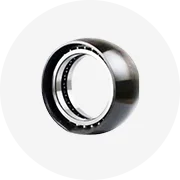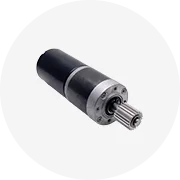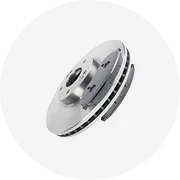Understanding DI Couplings: An Introduction
DI couplings, or ductile iron couplings, are essential components in various industries, designed to connect pipes and facilitate the seamless flow of fluids. Fabricated from a robust ductile iron material, these couplings boast superior strength and flexibility, making them ideal for high-pressure applications. The versatility of DI couplings allows them to be utilized in a wide range of piping systems, from water distribution networks to wastewater management. Their robust design ensures longevity and reliability in any setup.
Types of DI Couplings Available
- Flex Couplings: These are designed to accommodate misalignments in piping systems, providing flexibility while maintaining a secure connection.
- Rigid Couplings: As the name suggests, these couplings offer a solid and firm connection, suitable for well-aligned pipes.
- Transition Couplings: Ideal for connecting pipes of different materials or diameters, transition couplings provide optimal solutions for varied installations.
- Repair Couplings: Perfect for emergency repairs, these couplings allow for quick fixes without the need for extensive pipe replacement.
Key Features and Functionality of DI Couplings
- Strength and Durability: Made from ductile iron, these couplings are engineered to withstand heavy loads and resist corrosion, ensuring a long service life.
- Pressure Resistance: DI couplings can handle high-pressure situations, making them a reliable choice for industrial applications.
- Easy Installation: Designed for user convenience, these couplings can be installed swiftly, reducing downtime in ongoing projects.
- Seal Integrity: Equipped with high-quality gaskets, DI couplings guarantee leak-free performance, promoting the efficient movement of fluids.
Applications of DI Couplings: Where Are They Used?
- Water Supply Networks: Used to connect pipes in municipal water systems, ensuring safe and reliable distribution of water to communities.
- Wastewater Treatment Plants: Integral in managing and processing wastewater, DI couplings help facilitate the efficient transfer of sewage and effluents.
- Irrigation Systems: Employed in agricultural settings to connect irrigation lines, promoting effective water use and crop production.
- Mining Operations: Utilized in various mining applications where fluid transfer is critical, ensuring that operations continue smoothly.































































































































































































































































 浙公网安备 33010002000092号
浙公网安备 33010002000092号 浙B2-20120091-4
浙B2-20120091-4